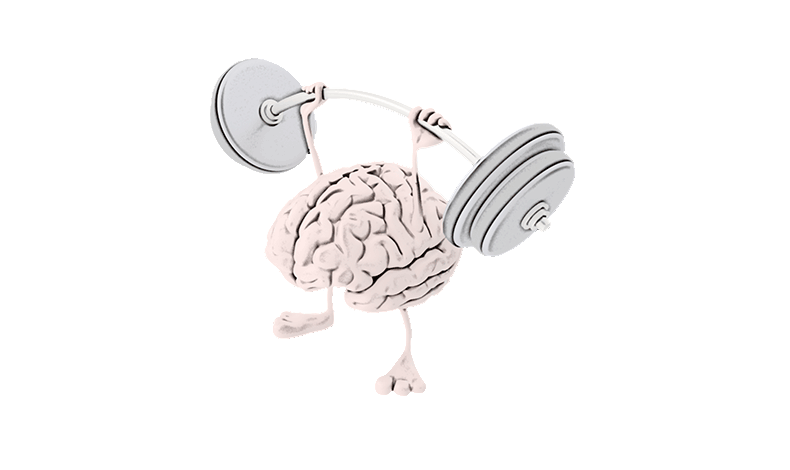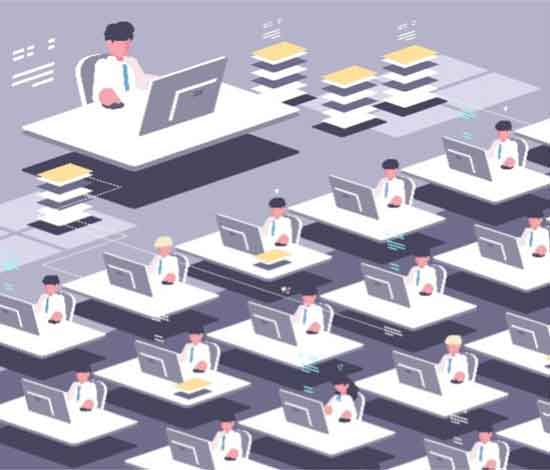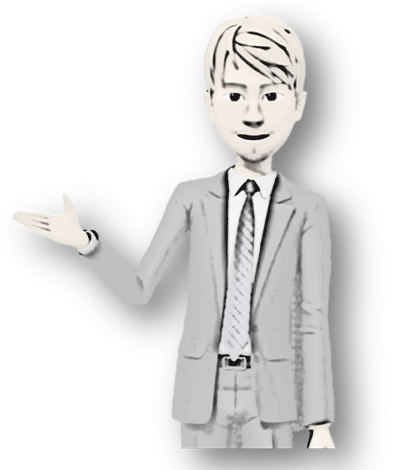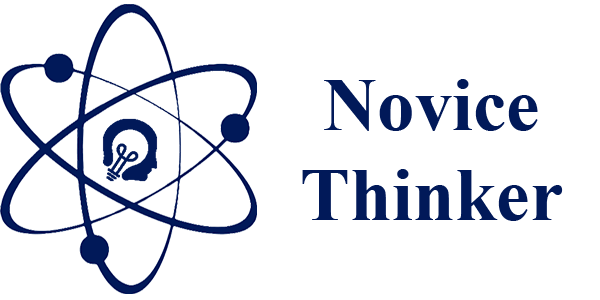
By: Systems Thinker
Introduction
According to Webster’s dictionary, cognition is the mental process of acquiring knowledge and understanding through thought, experience, and the senses. The American Psychological Association defines it as the mental processes involved in developing knowledge and understanding. Thinking, knowing, remembering, learning, perception, judging, and problem-solving are examples of cognitive functions.

Cognitive processes are intricate, fallible, and require constant refinement. Age, focus or attention, cognitive biases, genetics, and memory limitations are a few factors that can impact our cognition. Our mental processes influence our perspectives on daily life.
Improving cognition
While you cannot change aging or your genetics, there are things that you can do to protect and maximize your cognitive abilities:1-7
- Lifestyle factors such as eating and regular exercise positively affect cognition.
- Think critically; question your assumptions, learning, thoughts, and beliefs.
- Avoid multitasking, which has been shown to decrease both productivity and work quality.
Thinking and reasoning are broad topics that frequently depend on the context of a given circumstance, discussion, approach, etc. These topics are so extensive that it is impossible to cover them adequately in one essay. This information is intended to inspire you to conduct your research and investigate these and other topics related to reasoning, cognition, and thought. First, however, we must start somewhere.
Personal Epistemology
Epistemology, or the theory of knowledge, is the branch of philosophy concerned with knowledge. Epistemologists study the nature, origin, and scope of knowledge.
Personal epistemology studies how individuals develop a conception of knowledge and how that individual uses that to understand the world.8 It has numerous synonyms, including epistemic cognition, epistemic thinking, and reflective judgment.

A belief in justification by authority implies that those in positions of authority transmit knowledge. A belief in personal justification entails that individuals construct their knowledge and hold diverse conceptions of what is true. Students with solid justification by authority beliefs view teachers and textbooks as the primary sources of knowledge. In contrast, students with strong personal justification beliefs believe that different perspectives can lead to different understandings of a problem.9 It is important to note that personal justification requires understanding the foundational principles of the topic. Additionally, it requires integrating various levels and types of knowledge, including foundational knowledge, knowledge from peers, and justification by authority. Finally, personal justification also requires an appreciation and understanding of how to interpret it based on particular situations.9,10
Multiple factors influence an individual’s conception of knowledge. The complexity of these influential factors is variable.
Complex Systems
Systems thinking is a comprehensive method for analyzing the factors and interrelationships contributing to a potential outcome. Systems thinking is not merely a collection of tools and techniques. It is also a philosophical foundation. Every system has a function that distinguishes it as a distinct entity and provides the cohesion that holds it together. However, the purpose is a characteristic of the system as a whole and not its parts.

For instance, the function of a car is to transport people and objects from one location to another. This function is a characteristic of the automobile and cannot be discerned from the wheels, engine, etc.
To become a systems thinker (for example, in healthcare), the individual clinician must understand that they are part of a complex, adaptive system consisting of independent components. For example:11

- Provider system: a clinic or hospital where physicians and other health professionals provide client care and support, including administrative functions and other care processes.
- Health care system: a collection of clinical programs and centers that are part of a larger organization, such as clinical programs and centers, hospitals, multispecialty groups, and integrated healthcare systems.
- Client system: the people clients interact with, including their families and friends, community organizations, providers, the more extensive health care system, and health care administration professionals and processes.
Systems thinking helps provide better client-centered care, fosters problem-solving, and encourages questioning. For example, a non-weight-bearing client was discharged from the hospital on both their right leg and left wrist. They have met the number of days to discharge yet have not been approved for a forearm/platform walker attachment. The client needs to pay for this out of pocket. Their partner is physically capable of providing only minimal assistance around the house. This is a complicated situation in a complex system, requiring decision-making on many levels (e.g., physician, physical therapist, occupational therapist, nurse, social worker).
Time for action
Reflect on your day yesterday. Think of the interactions of a system in your life (e.g., family, team, colleagues, living situation, attending school) and how those interactions may or may not have influenced your actions yesterday. Write down your thoughts. Are there mechanisms to improve how your day went within a specific system? What steps would be required? Are such actions amenable to the other systems in your life? Are such actions easily implemented?

Becoming a systems thinker requires time and practice. Systems thinkers have several habits:12

- Seek to understand the big picture.
- Observe how elements within a system change over time and generate patterns and trends.
- Recognize that a system’s structure generates behavior.
- Identify the circular nature of complex cause-and-effect relationships.
- Make meaningful connections within and between systems.
- Change perspectives to increase understanding.
- Surface and test assumptions.
- Consider the issue thoroughly and resist coming to a quick conclusion.
- Consider how mental models affect current reality and the future.
- Use an understanding of system structure to identify possible leverage actions.
- Consider the short-term, long-term, and unintended consequences of your actions.
- Recognize the impact of time delays when exploring cause-and-effect relationships.
- Check results and change actions if needed.
Systems thinking is operational. It requires reflection. It requires time and persistence. It requires critical thinking.
References
1. Müller SM, Schiebener J, Brand M, Liebherr M. Decision-making, cognitive functions, impulsivity, and media multitasking expectancies in high versus low media multitaskers. Cogn Process. Nov 2021;22(4):593-607.1
2. Mullis CE, Hatfield, R.C. The effects of multitasking on auditors’ judgment quality. Contemporary Accounting Research. 2017;35(1):314-333.
3. Petroutsatou K, Sifiniadis, A. . Exploring the consequences of human multitasking in industrial automation projects: A tool to mitigate impacts-Part II. Organization and Technological Management Construction. 2018;10(1):1770-1777.
4. Imaoka M, Nakao H, Nakamura M, et al. Effect of Multicomponent Exercise and Nutrition Support on the Cognitive Function of Older Adults: A Randomized Controlled Trial. Clin Interv Aging. 2019;14:2145-2153.
5. Minear M, Brasher F, McCurdy M, Lewis J, Younggren A. Working memory, fluid intelligence, and impulsiveness in heavy media multitaskers. Psychon Bull Rev. Dec 2013;20(6):1274-81. doi:10.3758/s13423-013-0456-6
6. Uncapher MR, M KT, Wagner AD. Media multitasking and memory: Differences in working memory and long-term memory. Psychon Bull Rev. Apr 2016;23(2):483-90.
7. Edwards KS, Shin M. Media multitasking and implicit learning. Atten Percept Psychophys. Jul 2017;79(5):1535-1549. doi:10.3758/s13414-017-1319-4
8. Hofer BK, Pintrich, P.R. Personal epistemology: The psychology of beliefs about knowledge and knowing. Lawrence Erlbaum Associates; 2002.
9. Barger MM, Perez, T. Canelas, D.A., Linnenbrink-Garcia, L. Constructivism and personal epistemology development in undergraduate chemistry students. Learning and Individual Differences. 2018;63:89-101.
10. Epsey M. Enhancing critical thinking using team-based learning. Higher Education Research and Development. 2018:15-29.
11. Henry TA. Why you need to be a systems thinker in health care. Accessed December 14, 2022. https://www.ama-assn.org/education/accelerating-change-medical-education/why-you-need-be-systems-thinker-health-care
12. Science AHS. How systems thinking applies to health care. Accessed December 14, 2022. https://edhub.ama-assn.org/health-systems-science/interactive/17498786
